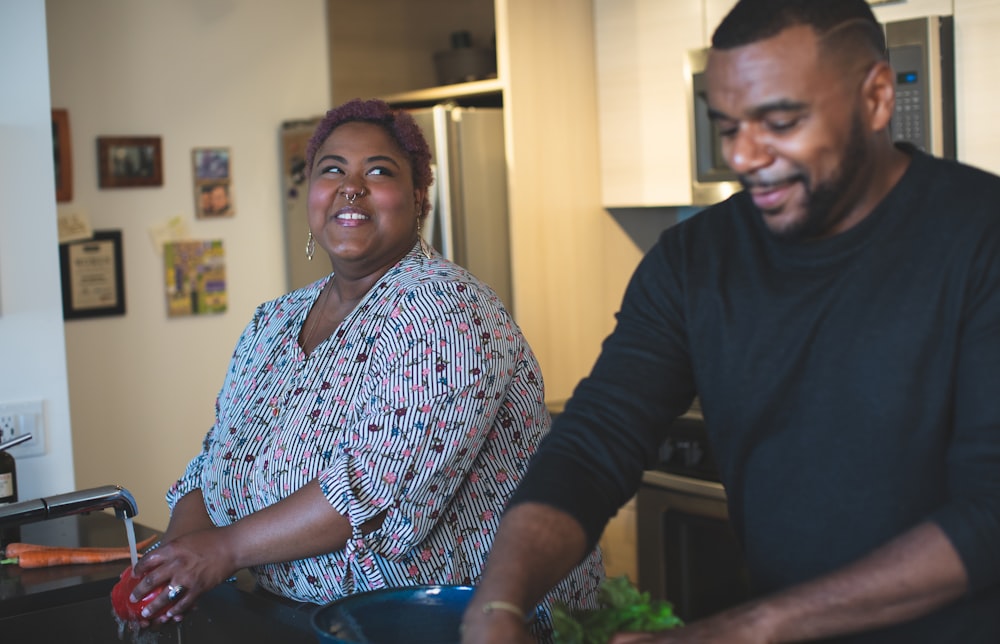Positive body language is intuitively understood and recognized by the majority of us. Someone has their back to you, their posture and stance suggest openness, and it’s evident they’re interested in you. What about body language that is closed-off, though?
As per John Gottman, Ph.D., a psychologist, and highly regarded marriage researcher, body language can be a major sign of whether a relationship will last. Continue reading for what you should know, and what to do if your partner’s body language is not that great.

Why is body language important in relationships?
To put this in context, the Gottman Institute’s research has been accumulating for decades through the analysis of multitudes of couples. As a result, the team has identified many habits, factors, and behaviors that cause problems in relationships—one of which is negative body language. According to their findings, couples who use lots of negative body language are more likely to split.
In a relationship, each partner is naturally and constantly observing the other partner’s body language for clues about whether they are loved, appreciated, and safe in the relationship. Couples that are closed off to each other and that communicate with each other in a threatening manner draw in more conflict into the relationship.
Blanca Cobb, M.S., a body language expert, explained that tensing one’s body is a prevalent “negative” expression that can be related to frustration, discomfort, or stress. “Positive” body language, such as relaxing or sleeping comfortably, can appear to suggest trust and happiness.
Negative body language can thus initiate a conflict cycle in which the body language stirs up conflict and the conflict induces even more negative body language. This, in turn, produces an unsustainable relationship environment in the long term.
What should be done?
Body language can be particularly telling, but there is always the possibility of misunderstanding. For example, you may be unaware that you are displaying negative body language, or your companion may misinterpret your body language.
Earnshaw recommends that when having conversations, you should always check in with your partner to see how they are feeling, to make sure that what you are expressing gets perceived in the right way. If the roles were reversed and you are the one questioning their body language, inform them and explain what you are feeling in a clear way.
You can also practice using more positive body language in stressful situations to help you both remain present, mindful, and open to one another. Hugging your partner, for instance, has been shown in studies to help soften the negative effects of a huge argument.
But bare in mind that if you notice a lot of negative body language in addition to some of Gottman’s other markers of an eventual breakup, you might also want to take a deeper look at what your relationship requires to transition to a happier place if the relationship is genuinely serving you.


